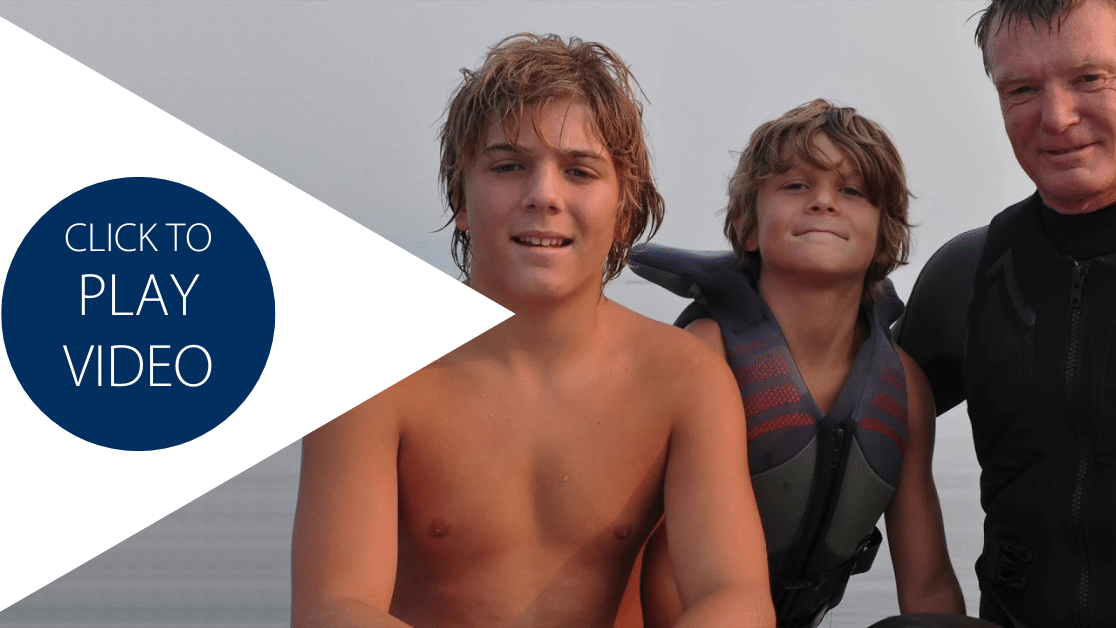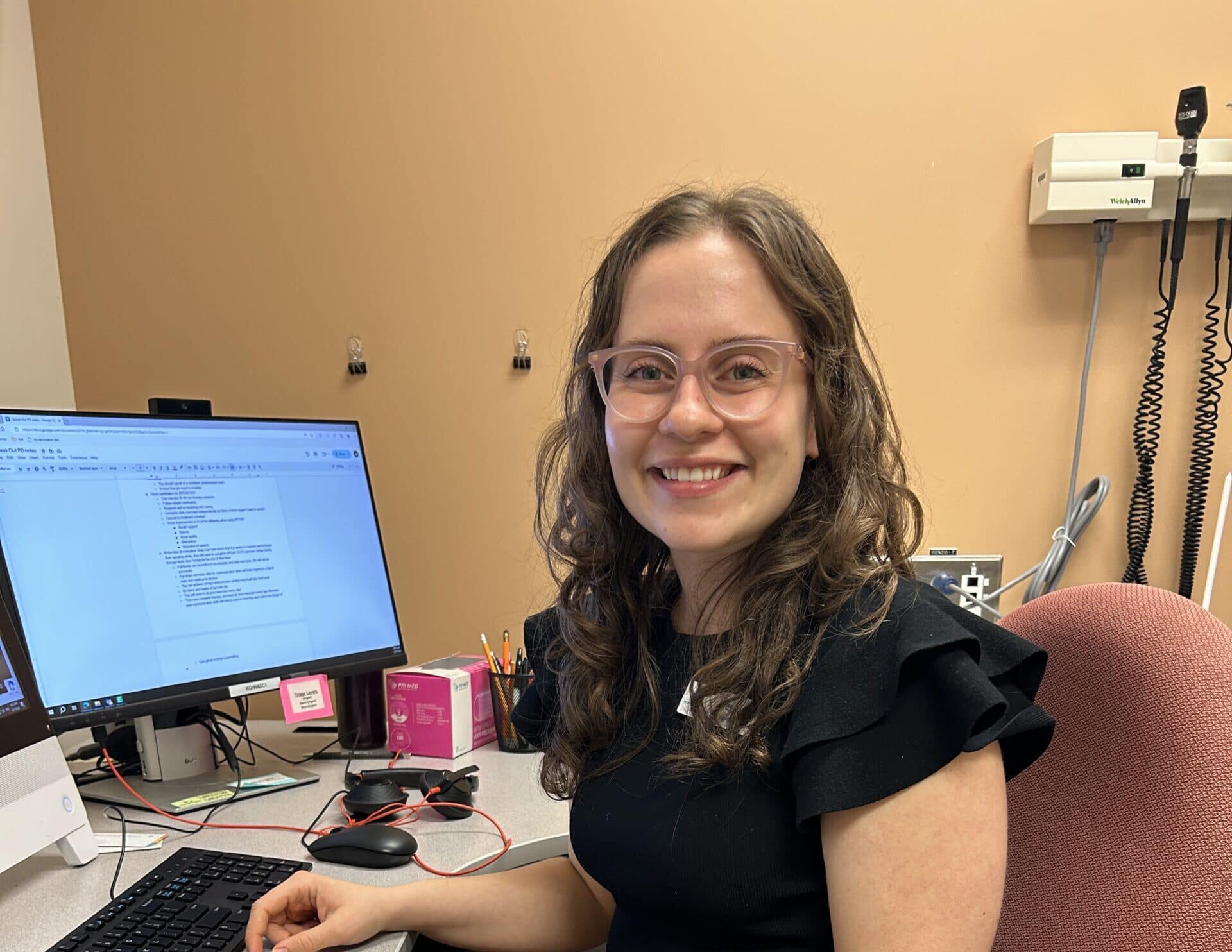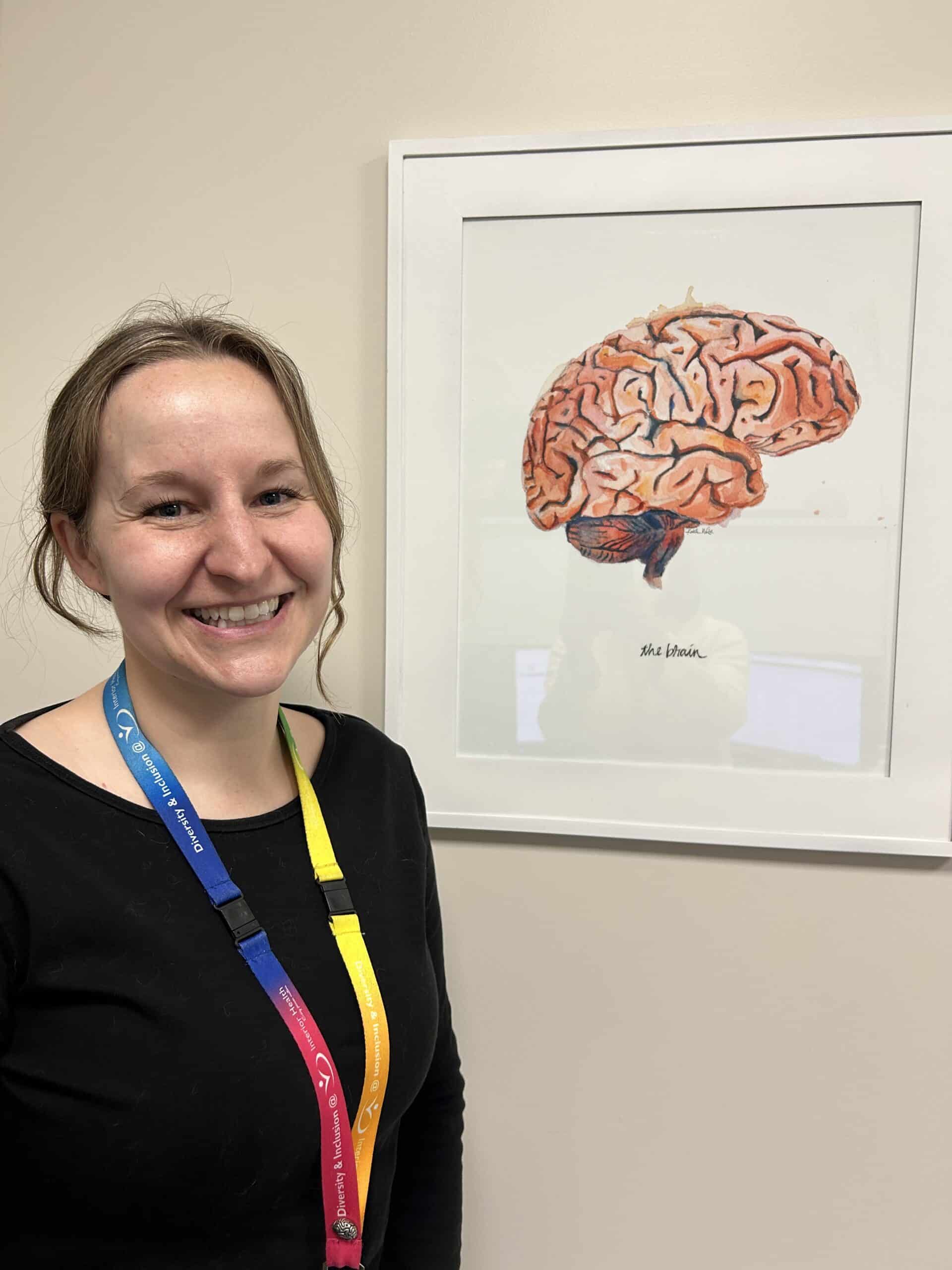Local Philanthropist gives $1 million in honour of his sons.
Personal tragedy catalyzes Tom Budd’s desire to take action on Brain Health.
“Without hope, there is no path forward.”
-Tom Budd, Thomas Alan Budd Foundation; father of Payton & Dillon

Tom Budd, the former Calgary investment banker, and prolific local philanthropist, has committed his largest donation ever to the KGH (Kelowna General Hospital) Foundation, a legacy gift in honour of his sons, Payton and Dillon Budd. The $1 million gift will establish the Payton & Dillon Budd Brain Health Medical Fund, an endowment specifically enabling advancements in Brain Health at Kelowna General Hospital now, and for generations to come.

The endowment is the culmination of Budd’s long-held desire to honour his sons’ legacy meaningfully and positively. Tragically, both Payton and Dillon struggled with mental health challenges. Dillon was 13 years old when he chose to end his life in 2015. Three years later, his brother Payton, chose to do the same. Every day since, Budd has suffered the immeasurable grief of losing them.
Tom shares why he has made the transformational donation. “In the aftermath of their deaths, I am really trying to live a life that my sons would be proud of. I will never be free of the pain of losing them, there will always be a huge void in my life,” says Tom earnestly. “I must do this to stay alive. My boys were deeply loved. This gift, and every philanthropic commitment I have made or will ever make, is an expression of my enduring love for them, and the compassion I feel for all others who have lost a child or loved one to suicide or neurological brain disorder.”
The decision to direct the fund specifically toward enabling advancements in brain health care at the clinical level was also motivated further by Tom’s mother’s experience with dementia.
“Brain health encompasses all of the areas of well-being the brain is responsible for, physical and mental,” explains KGH neurologist, Dr. Daryl Wile. “Neurologists and specialists in this field of science focus on areas of brain functioning such as cognitive, sensory, social-emotional, behavioural, and motor domains. While often spoken about separately, mental health is a central part of brain health.”
“It is an area of health care that is vitally important,” says Allison (Allie) Young, CEO of the KGH Foundation. “Mental illness and neurodegenerative diseases such as Parkinson’s, ALS, Alzheimer’s and dementia are devastating to those who are suffering, and their families.”
“KGH is now home to some very bright and ambitious neurologists,” adds Allie. “The Payton & Dillon Budd Brain Health Medical Fund will provide awards and grants enabling them to engage in projects and studies that aim to provide a greater understanding of how the brain works to advance the prevention, diagnosis, treatment, and cure of disorders of the brain. It is exciting. The endowment means that this work can take place right here at Kelowna General Hospital and in the community.”
“We are grateful for Tom’s leadership,” adds Dr. Aleksander Tkach, head of Neurology at Kelowna General Hospital. “We have an opportunity to establish KGH as a hub for world-class research, innovation and most critically, delivery of care close to home for those in our region.”
Reflecting on the far-reaching impact the endowment in his son’s name will have, Tom says, “This gift is also an investment in the future of brain health care. While there are certainly immediate needs for mental health care resources, I expect this fund to activate upstream solutions and innovation by enabling the physicians and clinicians who can really make an impact in the field,” adds Tom.
His final words are heartfelt and reflective of the sentiment underpinning Tom’s philanthropic activity. “Without hope, there is no path forward. My hope is that this gift will inspire others to do the same because I truly wish for a future where no one suffer the loss of a child or loved one due to mental illness or brain disorder.”
“It’s time to take action.”


